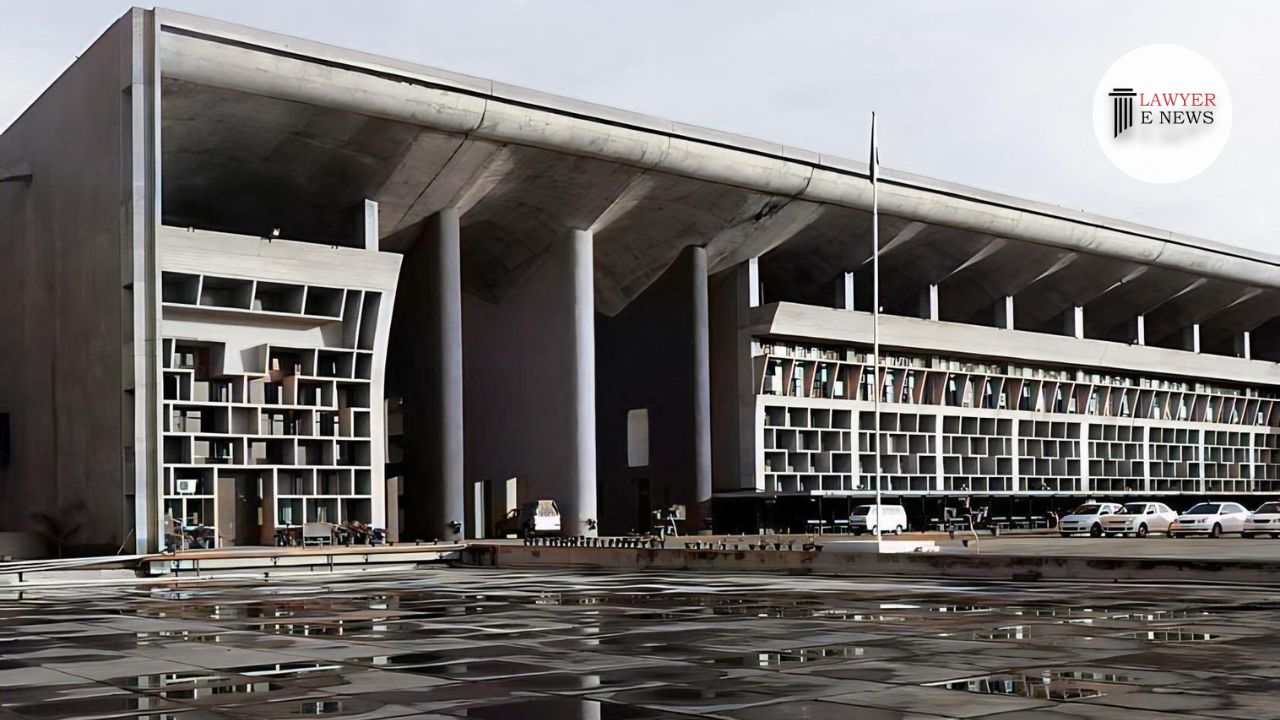-
by sayum
14 February 2026 2:22 PM



In a significant judgment concerning the jurisdiction of labour disputes, the High Court of Punjab and Haryana at Chandigarh, led by Hon'ble Mr. Justice Sanjay Vashisth, ruled that the Chandigarh authorities have jurisdiction over the labour dispute involving the termination of Upinder Kumar Singla by Groz-Beckert Asia Pvt. Limited.
The primary legal issue revolved around whether the Assistant Labour Commissioner-cum-Conciliation Officer, U.T. Chandigarh, had jurisdiction to entertain the dispute concerning the termination of the petitioner, who was working in Tirupur, Tamil Nadu, at the time of his termination, despite the decision being made at the company's head office in Chandigarh.
The petitioner, Upinder Kumar Singla, was terminated by Groz-Beckert Asia Pvt. Limited, with the termination order issued from the company's head office in Chandigarh but communicated in Tirupur. The petitioner contended that this termination was in violation of Section 25 F of the Industrial Disputes Act, 1947. The Assistant Labour Commissioner initially took up the matter but later suo moto reviewed the decision on jurisdictional grounds, rejecting the demand notice.
The court meticulously analyzed various precedents, including "Nandram vs. M/s Garware Polyster Ltd.", "Bageshwar Maurya vs. Management Naveen Projects P. Ltd.", "Bikash Bhushan Ghosh & Ors vs. M/s Novartis India Limited and Anr", and "Bhola Nath Maurya and others vs. State of Punjab and others". The crux of these judgments underscored that the location of the decision-making process is pivotal in determining the jurisdiction.
Justice Vashisth observed, "By no stretch of imagination, it can be held that the Labour Court at Chandigarh has no jurisdiction." The judgment emphasized the role of the head office in Chandigarh in making the termination decision. The court thus set aside the order dated 25.09.2017 by the Assistant Labour Commissioner, holding that the Chandigarh authorities indeed have the jurisdiction to decide the dispute, directing the parties to proceed as per the law.
Date of Decision: 14.02.2024
Upinder Kumar Singla vs. Assistant Labour Commissioner-cum-Conciliation Officer, U.T., Chandigarh and Ors
